Mar
10
2014
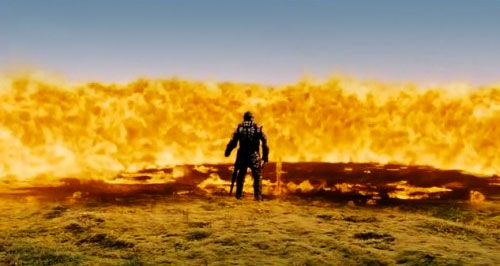
For as in those days before the flood they were eating and drinking, marrying and giving in marriage, until the day when Noah entered the ark, and they were unaware until the flood came and swept them all away, so will be the coming of the Son of Man. (Matthew 24:38-39)
Most disputes concerning the meaning of the Scriptures are not due to a lack of trying when it comes to hermeneutics. They result from a lack of due process. By this, I do not mean the process of interpretation but the identification in the Scriptures of the processes of God.
An example would be the meaning of Christ’s words concerning the unpardonable sin, which have terrified many Christians unnecessarily. Blasphemy against the Spirit is unpardonable not because it is the worst sin. It is unpardonable because it is the last sin.
This post has been slain and resurrected for inclusion in my 2015 book of essays, Inquietude.
Continue reading
2 comments | tags: AD70, Babylon, Covenant Theology, Genesis, Hebrews, Herod, Matthew, Matthew 24, Nebuchadnezzar, Noah, Numbers | posted in Bible Matrix, Biblical Theology, Christian Life, The Last Days
Dec
27
2013
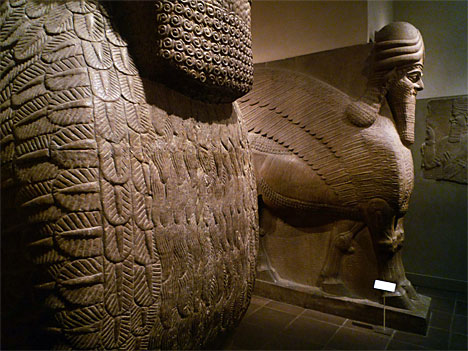
Now after Jesus was born in Bethlehem of Judea in the days of Herod the king, behold, wise men from the east came to Jerusalem, saying, “Where is he who has been born king of the Jews? For we saw his star when it rose and have come to worship him.” When Herod the king heard this, he was troubled, and all Jerusalem with him… (Matthew 2:1-2)
An atheist recently declared to me that a cumulative reading of the Bible makes no sense, since the Bible is not a single book but an anthology. I agree, but this “anthology” is indeed a single work because it was compiled by God. Without that foundation, the significance of much of its detail appears redundant. A good example is the wise men from the east in Matthew 2.
Continue reading
2 comments | tags: AD70, Christmas, Daniel, Herod, James Jordan, Matthew, Nebuchadnezzar, Revelation | posted in Biblical Theology, The Last Days
Jun
6
2012
 Just as the death and resurrection of Israel in Egypt follows the pattern of the Feasts, so does the death and resurrection of Israel in Babylon. [1]
Just as the death and resurrection of Israel in Egypt follows the pattern of the Feasts, so does the death and resurrection of Israel in Babylon. [1]
Continue reading
Comments Off | tags: AD70, Babylon, Covenant Theology, Daniel, Jacob, James Jordan, Jeremiah, Joseph, Nebuchadnezzar, Revelation | posted in Bible Matrix, Biblical Theology, Quotes, The Last Days, The Restoration Era
Apr
25
2012
 James Jordan is continuing his commentary on Esther in the Biblical Horizons newsletter. As always, he makes some interesting observations on Haman’s “prospectus” speech to the king in Esther 3, in which he describes the Jewish people:
James Jordan is continuing his commentary on Esther in the Biblical Horizons newsletter. As always, he makes some interesting observations on Haman’s “prospectus” speech to the king in Esther 3, in which he describes the Jewish people:
The first thing to notice is that what Haman says is correct. The Jews do have different laws and customs. The word here is dat, which is a general word for laws and customs and mores. This much is quite true, and has been no problem in the Persian empire.
Continue reading
Comments Off | tags: Esther, Haman, James Jordan, Moses, Nebuchadnezzar, Persia | posted in Biblical Theology, The Restoration Era
Jul
19
2011
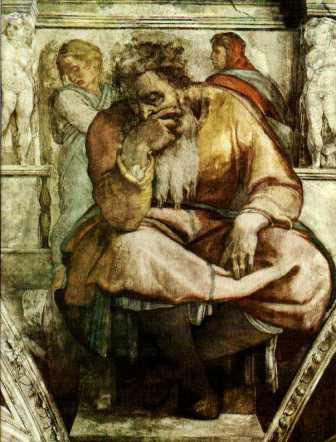
Biblical chronology isn’t always easy, but it provides the answers to many questions we have concerning Bible prophecy. James Jordan shows how crucial the book of Esther is for our understanding of Bible history:
The book of Esther is one of the most neglected of the books of the Bible. To be sure, sermons are preached on it, and commentaries have occasionally been written on it, but almost without exception Esther has been interpreted in isolation from the rest of Biblical history, chronology, and theology. Even many conservative commentators tend to view the events in Esther as minor occurrences that have been inflated in the narrative in order to make the point of the book. This is because they make the wrong assumptions about the dates of these events, and because they do not understand the importance of the events in Esther to the progress of revelation and redemption.
Continue reading
Comments Off | tags: Bible Chronology, Daniel, Esther, James Jordan, Jeremiah, Nebuchadnezzar, Zechariah | posted in Biblical Theology, Quotes, The Restoration Era
Apr
29
2011
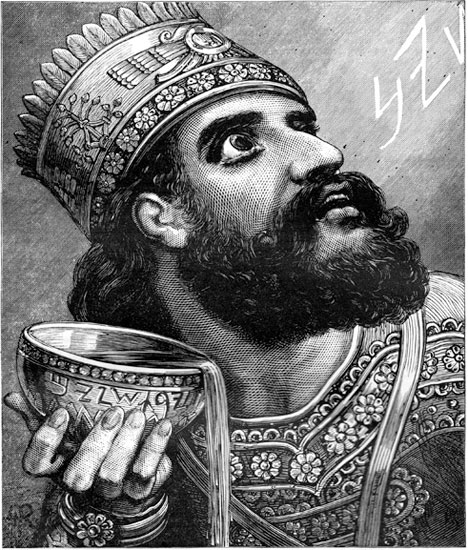
In his ground-breaking and fascinating The Handwriting on the Wall, [1] James Jordan writes:
God intends to teach Nebuchadnezzar what true wisdom is, by giving him advisors who have genuine knowledge of good and evil, men who call evil “evil” and good “good” (Isaiah 5:20–21). In Daniel 2-5, we shall repeatedly see the false wisdom of the Chaldeans fail, and the true wisdom of God’s people triumph.
Continue reading
Comments Off | tags: Belshazzar, Covenant Theology, Daniel, James Jordan, Nebuchadnezzar | posted in Biblical Theology, Quotes
Dec
6
2010
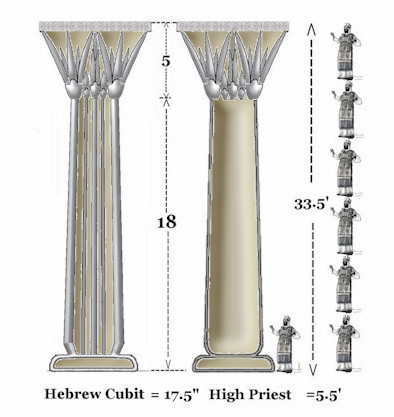
Peter Leithart writes:
“Why so much attention to the pillars of Solomon’s temple in 2 Kings 25? It is likely that these were the last major items left. Ahaz had already dismantled the bronze sea and the water chariots. King after king plundered the temple for bribe money. When Nebuchadnezzar came, not much was left. Perhaps even the ark was among the ‘gold’ items removed earlier.” [1]
Continue reading
Comments Off | tags: Creation Week, Daniel, Kings, Mordecai, Nebuchadnezzar, Peter Leithart, Solomon, Tabernacle, Temple | posted in Bible Matrix, Biblical Theology, Quotes, The Restoration Era
Dec
1
2010
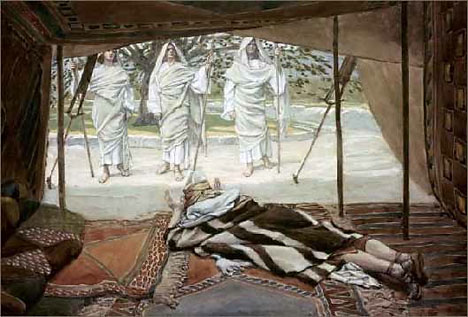
“…of the angels He says:
‘Who makes His angels spirits
and His ministers a flame of fire.’”
God is the source of all things, and He identifies Himself as such in His speeches. Every speech is Covenantal, and every preamble within His speeches is a statement of transcendence. “I am the Lord your God.”
After the initial call comes delegation, Covenantal Hierarchy. A man, a Moses, an Abraham, receives the Word with meekness.
We know that angels are God’s messengers, the sent ones. They administered the Old Covenant as our tutors, Satan becoming the first false teacher, the first corrupt ambassador, or, if you will, the first publican.
[This post has been refined and included in Sweet Counsel: Essays to Brighten the Eyes.]
Continue reading
5 comments | tags: Abraham, Angels, Covenant Theology, Creation Week, Daniel, Genesis, Judges, Leviticus, Nazirite, Nebuchadnezzar, Resurrection, Revelation, Samson, Sodom | posted in Bible Matrix, Biblical Theology, The Last Days
Sep
9
2010
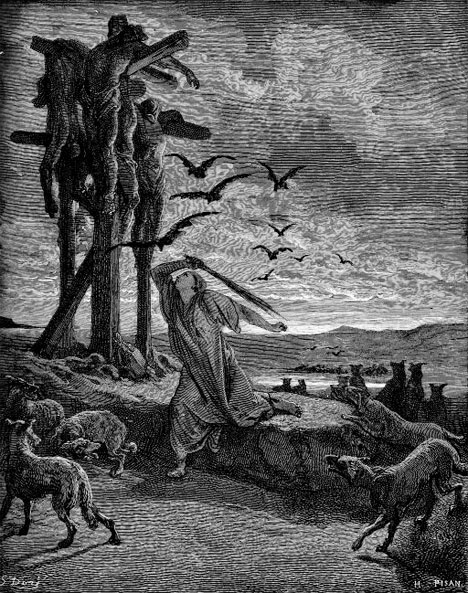
“Now Rizpah the daughter of Aiah took sackcloth and spread it for herself on the rock, from the beginning of harvest until the late rains poured on them from heaven. And she did not allow the birds of the air to rest on them by day nor the beasts of the field by night.” 2 Samuel 21:10
NOTE: THIS POST HAS BEEN REMIXED AND INCLUDED IN GOD’S KITCHEN.
At the heart of the Bible Matrix is Testing. Although all the major narratives follow the pattern, many of the minor ones do too. If Adam had not failed his initial “qualifying round,” he would have progressed to the next stage of dominion. We know this because we see others later in the Bible move beyond this first round to greater glory. For instance, Daniel’s first challenge mirrors Adam’s challenge exactly. He was offered kingdom food and refused it.
Continue reading
Comments Off | tags: AD70, Atonement, Exodus, Herod, Jericho, Nebuchadnezzar, Postmillennialism, Samuel, Temple, Two witnesses, Witness | posted in Biblical Theology, Christian Life, The Last Days
Sep
7
2010
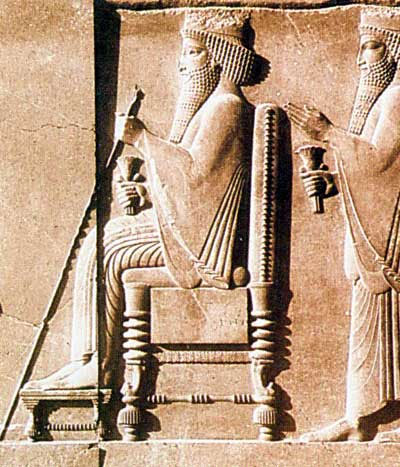
Of course, God’s new golden-haired boy got things wrong, as all Adams do when given the opportunity of glorious kingdom. The metal man in his dream (the new “empire-Tabernacle”) only had gold at the head, but King Nebuchadnezzar’s obelisk was gold from head to foot. This new king, under whom Israel was now a “Covenant vassal,” would be taught by God that he, too, was subject to a higher authority.
Continue reading
Comments Off | tags: Ahasuerus, Belshazzar, Covenant Theology, Daniel, Esther, Haman, James Jordan, Matthew, Mordecai, Nebuchadnezzar, Persia, Revelation | posted in Biblical Theology, The Last Days, The Restoration Era


































